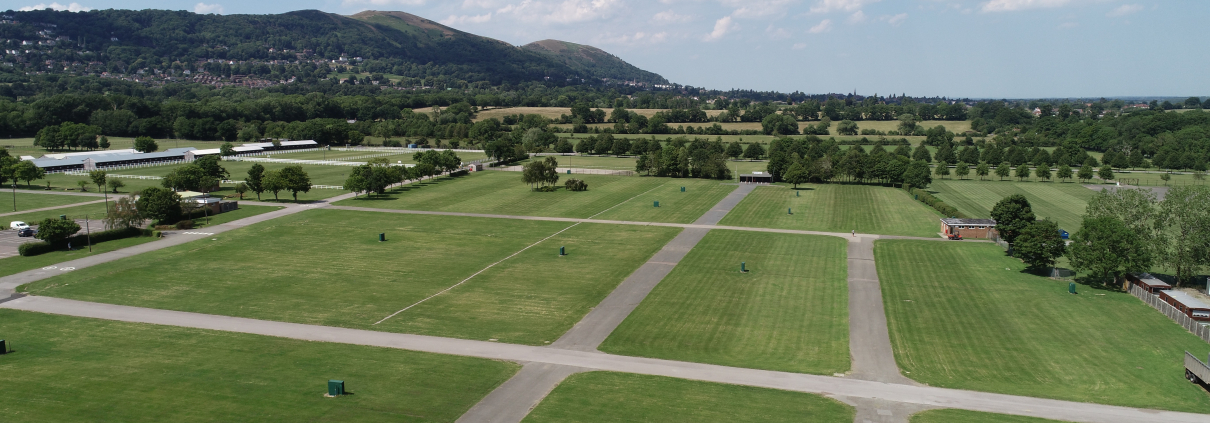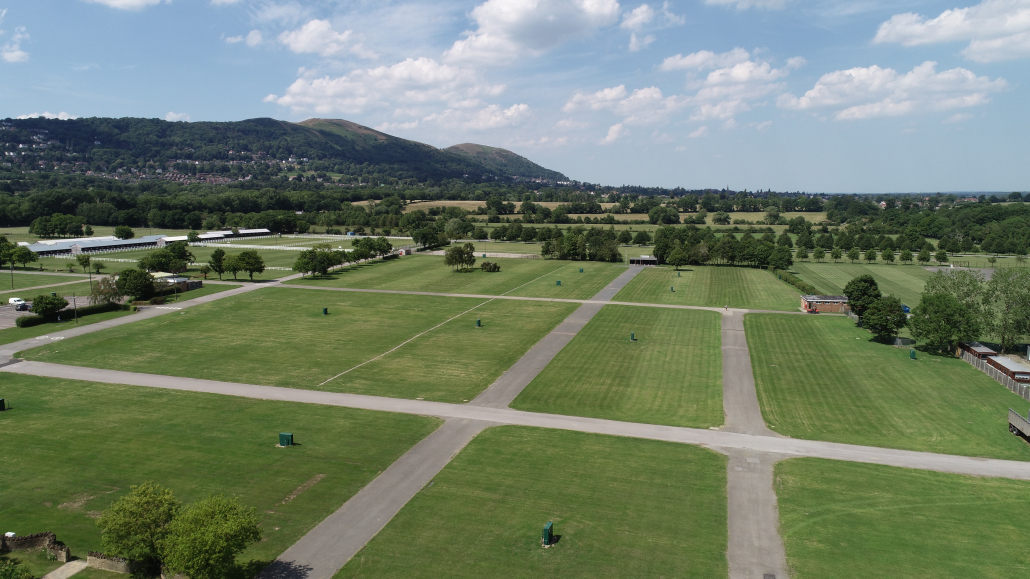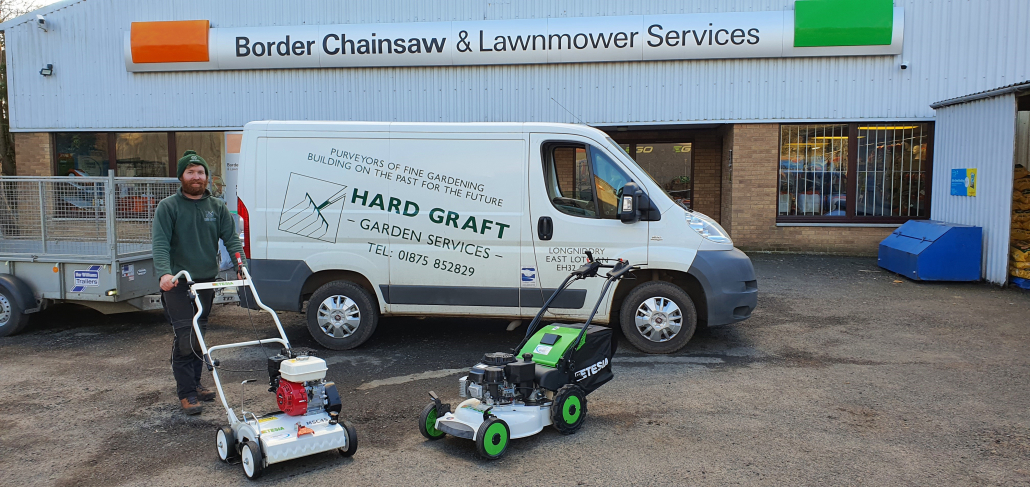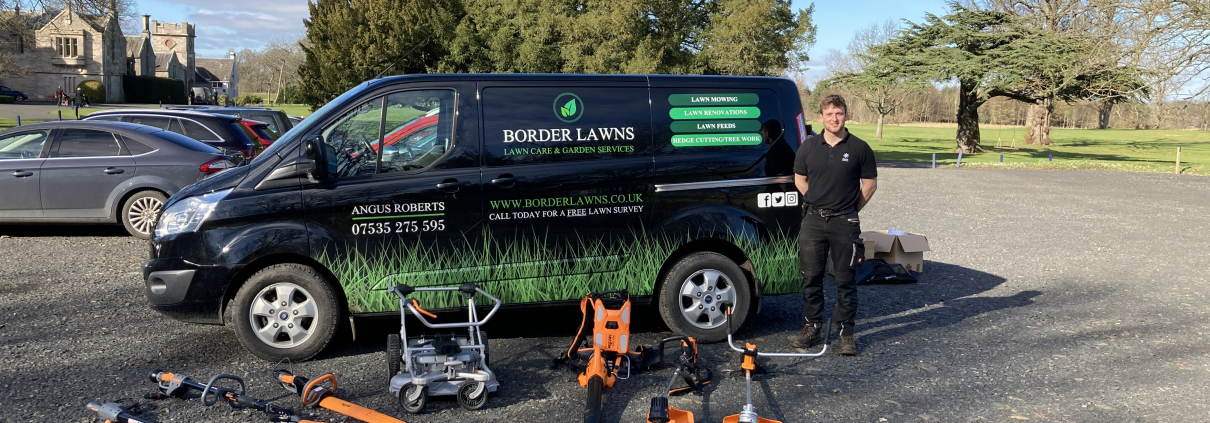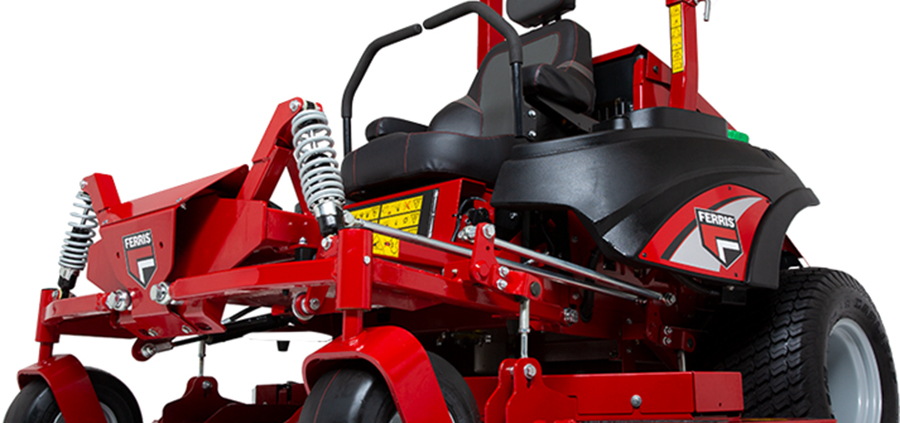Kubota is top of the class
Kubota is top of the class: Taking grasscutting in-house has allowed site manager Ed Crawford to have better control of the mowing cycle at Horncastle Primary School, and a Kubota Z122R is just the machine for the job.
The Lincolnshire school accommodates 580 pupils from nursery-age to year six, and the four-acre site includes grass playing fields and lawns, from small areas around car parks to a one acre field.

Kubota is top of the class
“We have used a contractor in the past, but last year decided to do the pedestrian mowing ourselves. It then made sense to have a ride-on for larger areas, as we were paying £2500 a year just for grass cutting.”
A discussion with local Kubota dealer Irelands Farm Machinery, which opened its groundcare division last October, suggested that a Z122R zero turn would be the ideal solution.
Powered by a 19hp petrol engine, the mower packs a punch with a 1.07m (42in) cutting deck to tackle larger areas with ease, but features a clever zero turn steering system. This uses a pair of levers for precise control of forward and reverse and steering, allowing it to manoeuvre in its own length for effortless work in tight or tricky areas such as around flowerbeds or street furniture.
“It’s very manoeuvrable,” comments Mr Crawford, who is the main driver, “But can really move on and cover the ground on a longer run. The levers took a little getting used to but I was soon up and running; it’s very easy to operate.”
He notes that the twin blade rotary deck produces a high quality cut, and says: “The grass has always been cut with a cylinder mower, but I actually think the rotary is doing a better job. We’ve also got the flexibility to mow when the grass needs it, rather than on a contractor’s fixed schedule, and at a time and in conditions that suit us.”
Cut height will mainly be kept fairly consistent, but he praises the ease of adjustment allowing a taller sward to be left in spring and autumn.
“The Kubota has a good, comfortable operator platform and there’s a clear view over the deck,” Mr Crawford notes. “The deck lifts up and there’s a hose slot for easy cleaning out, and on our use so far, fuel consumption looks low,” he says.
Irelands Farm Machinery will offer servicing as needed, but Mr Crawford expects the Z122R to have low running costs.
“It’s a really well-built machine, much more robust than others that we looked at, so I think it will stand up well to the work and will last. We’re very pleased with our choice.”
For the latest industry news visit turfmatters.co.uk/news
Get all of the big headlines, pictures, opinions and videos on stories that matter to you.
Follow us on Twitter and Instagram for fun, fresh and engaging content.
You can also find us on Facebook for more of your must-see news, features, videos and pictures from Turf Matters.


